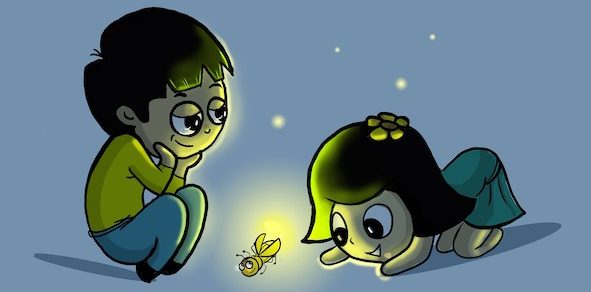Eight years ago, I spent about ten days in the Harvard Kennedy School of Government learning about the difference between ‘adaptive’ (complex) and ‘technical’ challenges. Eight years on, Covid-19 is playing out as the most significant adaptive challenge in my life-time in terms of how it has affected every citizen in almost every country in the world, resulting in changed behaviours, illness, death, job losses, business closures and much more across the globe. If it wasn’t so personal and still so real, these last few months experiencing the impacts of Covid-19 would make a fascinating case-study exploring the practice of adaptive leadership across the globe.
What is an adaptive challenge? There are typically three key characteristics of an adaptive challenge and Covid 19 fulfils all of them. Adaptive challenges require us to operate in a different way to how we have operated in the past. Tick. They require us to learn to understand the problem, never mind the solution. Tick. And, they result in losses. Unfortunately, that’s another tick. The Covid-19 pandemic has resulted in our assumptions about the way the world works being thrown up in the air and we still don’t know how this will all land.
Adaptive or complex challenges are distinguished from technical challenges. Technical challenges are typically those where we understand the problem but the solution may (or may not) require some exploration or analysis. Technical challenges can be straightforward or indeed very complicated (e.g. heart surgery), but the key thing is that there are experts who understand the problem at hand, the best way to proceed and ultimately an authority figure or expert can bring it to resolution. A complex or adaptive challenge however, is one which is not fully understood, therefore it is premature to use previous experience or expertise as we don’t really understand the issue. In this instance expertise could get in the way of us understanding the nature of the problem.
Ronald Heifetz of the Harvard Kennedy School of Government has said that one of the biggest failures of leadership is to diagnose an adaptive challenge as technical. In such cases, we may face messy, adaptive challenges and assume that they have been seen before and we roll out the same solutions. This assumption leads us down the path of diagnosing the challenge as something familiar and technical and it gets in the way of us ‘listening to learn’ to fully understand the problem as Jennifer Garvey-Berger puts it (author of ‘Unlocking Leadership Mind-traps’, among other publications). By mis-diagnosing an adaptive challenge as technical, we end up potentially solving the wrong problem, or putting in place a short-term fix for a more fundamental challenge which actually needs new thinking to resolve it. Either way, we don’t address the core of the issue as we don’t fully understand it and the problem persists.
During Covid-19, we have seen many different leadership responses. There have been those declaring that this is a new virus that we don’t really understand and an acknowledgment that we are literally learning week by week about it. There have been those who say it is just the flu and we are over-reacting. Some countries have gone into complete lockdown, whereas others have decided to keep going with business largely as usual. Adaptive challenges don’t have one clear, right answer. There is however one key hallmark of effective leadership when facing such challenges and that is the willingness to learn and unlearn as the situation evolves. One of my favourite words comes to mind here and it’s ‘curiosity’.
As a coach, I spend my days being curious about the challenges facing my clients, asking questions to tease out issues and to help uncover the hidden dynamics of the issues at hand. Some days I consider this work to be like that of a detective, working with my client to observe the data, look for clues, forming hypotheses or interpretations (often contradictory) and then providing the client the space and challenge to conclude what next steps they should take. This is of course an iterative process as there is learning with each action we take which can help uncover the nature of the complex challenge being faced.
Such is also the case with our responses to Covid-19 both as a society and as individuals. For every action we take, there is learning. The first time we met someone and couldn’t shake their hand, the first time we wore a mask to the supermarket, the first time we had visitors to our homes as restrictions lifted, how we felt as planned phases got postponed or restrictions were reimposed. At times there was joy at simple family gatherings and remembering what is important to us and at times there was frustration as plans had to be cancelled. Carl Jung had a great quote ‘everything that irritates us […] can lead us to an understanding of ourselves’.
Our worlds have been turned upside down, and how we as individuals, organisations or society move forward has never been up for so much debate. Whilst much attention has been paid to how those in government are leading, I think it is an interesting time to apply our curiosity to the situations we personally face, learn from them and take intentional action. Tying this back to Gerry’s last blog on ‘Purpose and Presence’, are we being purposeful and present in how we go about our day to day lives? What experiments could we conduct to stretch us in this regard? Applying curiosity, what can we learn from each experiment so can adjust our course and become more purposeful and present, at work or at home, in the midst of the complexity we are experiencing?
Eadine Hickey
If you would like to hear more from us, why not try our October Podcast: ‘Looking for a fresh perspective?’
Eadine Hickey and Gerry Prizeman
<!–End mc_embed_signup—>


Recent Comments